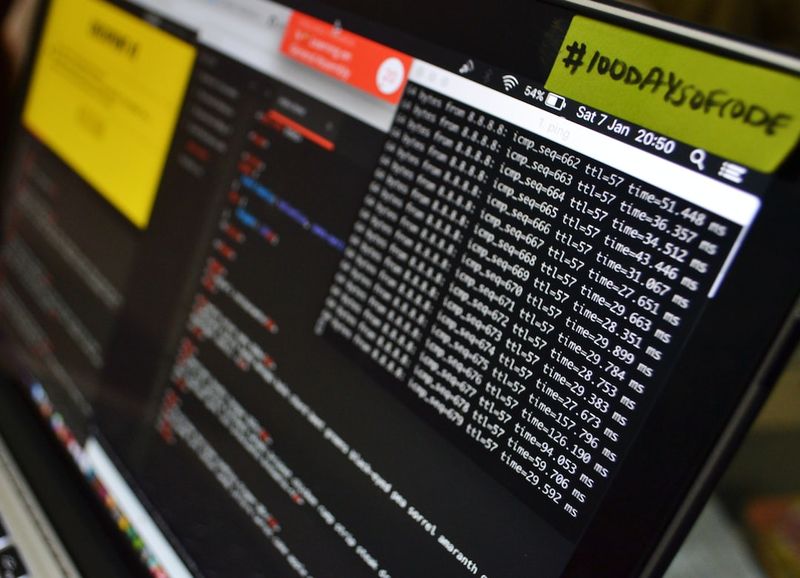Data Breaches: Cryptocurrency Firms Fall Victim to SIM Swapping Attack
Three cryptocurrency companies – FTX, BlockFi, and Genesis – have recently experienced data breaches as a result of a SIM swapping attack on risk and financial advisory firm Kroll. The attack, described as “highly sophisticated”, involved the transfer of an employee’s T-Mobile phone number to a SIM card controlled by the attacker. This allowed the hacker to gain access to systems containing personal information of bankruptcy claimants in the cases of FTX, BlockFi, and Genesis.
The Consequences of the Attack
As a result of the attack, the compromised personal information includes names, addresses, email addresses, and account balances. However, it’s important to note that passwords and digital assets were not affected. The impacted companies – FTX, BlockFi, and Genesis – have taken immediate measures to secure their customers’ accounts and have notified the affected individuals via email. They have also warned their customers to be vigilant about potential scam and fraud attempts from parties impersonating those involved in the bankruptcy process.
The Investigation and Response
Kroll, the targeted risk and financial advisory firm, has taken immediate steps to investigate the incident and is cooperating with the FBI. So far, there is no evidence to suggest that other Kroll systems or accounts were compromised. The impacted cryptocurrency companies are also working closely with law enforcement agencies and conducting their own investigations to identify the extent of the data breach and prevent any further unauthorized access.
SIM Swapping: A Growing Threat
SIM swapping attacks have become increasingly common and pose a significant threat to individuals and businesses that rely on mobile phones for authentication and communication. In a SIM swapping attack, hackers use social engineering techniques to convince mobile carriers to transfer a victim’s phone number to a SIM card controlled by the attacker. This allows the attacker to intercept SMS-based two-factor authentication codes and potentially gain unauthorized access to the victim’s online accounts.
Protection and Prevention
It is crucial that individuals and businesses take steps to protect themselves against SIM swapping attacks and mitigate the potential damage. Here are some recommendations:
- Use a different authentication method: Instead of relying solely on SMS-based two-factor authentication, consider using authentication apps like Google Authenticator or hardware security keys.
- Enable additional security measures: Activate additional security features offered by mobile carriers, such as a PIN or password requirement before making any account changes.
- Monitor and verify account activity: Regularly check your online accounts for any suspicious activity and verify any unexpected account changes or transactions.
- Secure personal information: Avoid sharing sensitive personal information online and be cautious of phishing attempts that may try to trick you into revealing sensitive information.
- Report suspicious activity: If you suspect that you have been targeted by a SIM swapping attack or any other form of cybercrime, report it to your mobile carrier and local law enforcement immediately.
The Importance of Robust Cybersecurity Measures
This data breach serves as a reminder of the importance of robust cybersecurity measures, especially for businesses operating in the cryptocurrency industry. As the popularity of cryptocurrencies continues to grow, so does the risk of targeted attacks. Cryptocurrency companies must prioritize the implementation of comprehensive security protocols and regularly assess and update their systems to protect their customers’ data and assets.
Editorial: Strengthening Cybersecurity in the Cryptocurrency Industry
The recent data breaches affecting FTX, BlockFi, and Genesis highlight the pressing need for strengthened cybersecurity measures in the cryptocurrency industry. As cryptocurrencies become more mainstream and attract a larger user base, they become increasingly attractive targets for hackers and cybercriminals.
The Inherent Vulnerabilities
Cryptocurrencies are inherently digital and decentralized, making them susceptible to various cybersecurity threats. These threats include hacking attempts, phishing attacks, ransomware attacks, and SIM swapping attacks, as seen in this recent incident. The anonymous nature of cryptocurrency transactions also adds a layer of complexity to investigations, making it challenging to trace and recover stolen funds.
Addressing the Challenges
Regulators and industry leaders must collaborate to address the challenges faced by the cryptocurrency industry and implement measures to enhance cybersecurity. Here are a few areas that require attention:
- Regulatory Frameworks: Governments need to establish clear and comprehensive regulatory frameworks that promote security and protect consumers. These frameworks should address cybersecurity standards, data privacy, and customer protection.
- Education and Awareness: Users must be educated about the risks associated with cryptocurrencies, including the importance of strong passwords, secure storage solutions, and cautious online behavior.
- Industry Collaboration: Cryptocurrency companies, industry associations, and cybersecurity experts should collaborate to share threat intelligence, best practices, and proactive defense strategies.
- Technological Innovations: The development of advanced security technologies, such as decentralized identity solutions and secure multi-party computation, can strengthen the security foundations of the cryptocurrency industry.
The Role of Individuals
While regulators and industry leaders work towards enhancing cybersecurity in the cryptocurrency industry, individuals must take responsibility for their own security. Users should prioritize the adoption of strong security practices, such as secure hardware wallets, multi-factor authentication, and regular software updates. By being proactive and vigilant, individuals can protect themselves and contribute to the overall security of the cryptocurrency ecosystem.
Conclusion
The data breaches suffered by FTX, BlockFi, and Genesis highlight the urgent need for enhanced cybersecurity measures in the cryptocurrency industry. The growing popularity of cryptocurrencies and their digital infrastructure make them attractive targets for hackers. It is crucial that individuals and businesses in the industry prioritize security and implement robust cybersecurity protocols to protect their assets and prevent unauthorized access. Furthermore, industry-wide collaboration and regulatory support are essential to address the unique challenges faced by the cryptocurrency industry and ensure the long-term security and sustainability of digital currencies.

<< photo by cottonbro studio >>
The image is for illustrative purposes only and does not depict the actual situation.
You might want to read !
- Unraveling the Complexities of SaaS Security: Looking Beyond Procurement
- Unmasking the Malware Menace: A Sudden Surge Strikes the Public Sector
- The Rising Threat: Uncovering a Sudden Surge of Malware Targeting the Public Sector
- Rise of Hundreds of New LockBit 3.0 Ransomware Variants: Unveiling the Builder Leak
- Ransomware Game Changer: LockBit 3.0 Leak Fuels Proliferation of New Variants
- Africa Takes Aim at Cybercrime Surge: Crackdown, macOS Vulnerability, and Investor Disclosures in the Spotlight
- The Exploitation Game: North Korean APT Breaks Through Internet Security Walls
- The Rising Threat of KmsdBot: IoT Devices Under Attack by Advanced Malware
- The Rising Danger of ‘Whiffy Recon’: Malware Exposing Your Location Every Minute
- Unveiling the Threat: Malicious npm Packages Threaten Roblox Game Developers
- The Rise of Cybersecurity Threats: Analyzing LinkedIn’s Recent Account Hacks




